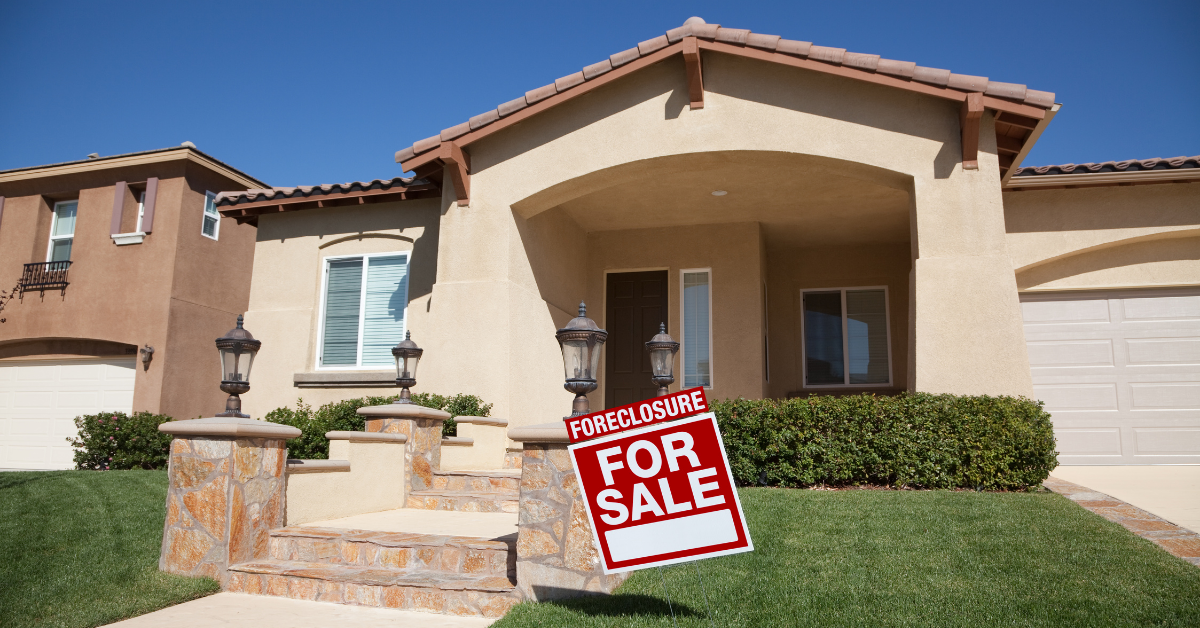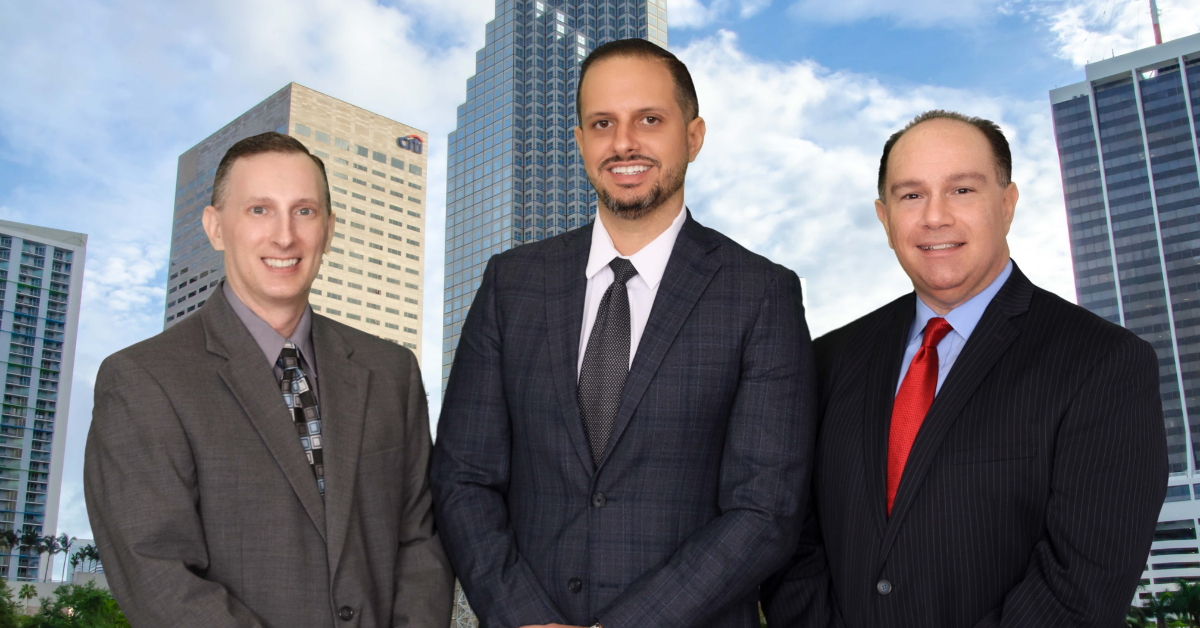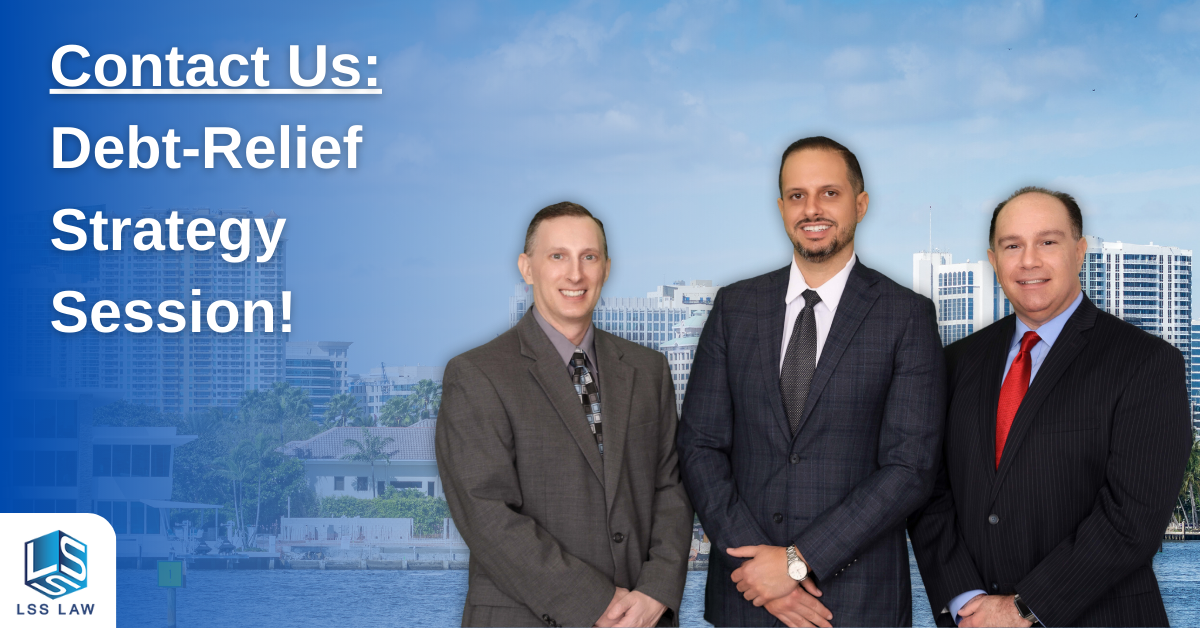Facing the threat of losing your home to foreclosure can be a terrifying and overwhelming experience. The good news is that there is hope! An emergency bankruptcy filing can be a powerful tool to help you stop foreclosure and protect your property. In this article, we’ll explore the ins and outs of emergency bankruptcy filing to stop foreclosure and explain how it can provide immediate relief for distressed homeowners.
Emergency Bankruptcy Filing to Stop Foreclosure Explained

An emergency bankruptcy filing, also known as a skeleton or bare-bones filing, is a streamlined process that allows you to quickly file for bankruptcy protection when time is of the essence. This can be particularly helpful for homeowners facing an imminent foreclosure sale, as the automatic stay that comes with a bankruptcy filing can immediately halt the foreclosure process and buy you valuable time to explore your options and develop a plan to save your home.
How Does an Emergency Bankruptcy Filing Work?
When you file an emergency bankruptcy petition, you are essentially submitting the bare minimum required paperwork to the bankruptcy court. This typically includes the voluntary petition, a list of your creditors, and a fee waiver request if you cannot afford the filing fee. Once your emergency petition is filed, the automatic stay goes into effect, immediately stopping foreclosure proceedings and any other debt collection efforts by your creditors.
An emergency bankruptcy filing is just the first step in the bankruptcy process. You will still need to submit the rest of the required bankruptcy forms and paperwork within 14 days of your initial filing. If you fail to do so, your bankruptcy case could be dismissed, and you will lose the protection of the automatic stay.
Which Type of Bankruptcy Should I File to Stop Foreclosure?
There are two main types of personal bankruptcy: Chapter 7 and Chapter 13. While both can provide relief from unsecured debt and stop foreclosure, they work differently and may be more or less suitable for your situation depending on your circumstances.
Chapter 7 bankruptcy is a liquidation process that can help you eliminate unsecured debt, such as credit card bills and medical expenses. However, it may not be the best option for stopping foreclosure, as you may still be required to catch up on your mortgage payments or face the risk of losing your home.
On the other hand, Chapter 13 bankruptcy is a reorganization process that allows you to create a repayment plan to catch up on your mortgage payments and other secured debts over a period of three to five years. This can be a more effective way to stop foreclosure and keep your home, as it provides you with a structured plan to get back on track with your mortgage and other obligations.
An experienced bankruptcy attorney can help you determine which type of bankruptcy is best suited for your situation and guide you through the filing process.
The Benefits of Emergency Bankruptcy Filing to Stop Foreclosure
Filing an emergency bankruptcy petition can provide several benefits for homeowners facing foreclosure:
- Immediate relief: The automatic stay that comes with a bankruptcy filing can immediately stop the foreclosure process, giving you time to explore your options and develop a plan to save your home.
- Protection from creditors: The automatic stay also stops creditors from pursuing wage garnishment, debt collection lawsuits, and other collection efforts while your bankruptcy case is ongoing.
- Opportunity to catch up on mortgage payments: If you file for Chapter 13 bankruptcy, you can create a repayment plan to catch up on your mortgage payments and other secured debts over time, potentially allowing you to avoid foreclosure and keep your property.
- Elimination of unsecured debt: Depending on the type of bankruptcy you file, you may be able to eliminate or significantly reduce your unsecured debt, freeing up more of your income to make your mortgage payments and other essential expenses.
While filing for bankruptcy can be a lifeline for homeowners facing foreclosure, it’s not a one-size-fits-all solution. The success of this strategy will depend on your financial situation, the type of bankruptcy you file, and your ability to follow through with your repayment plan or other requirements of the bankruptcy process.
It’s crucial to consult with an experienced bankruptcy attorney who can help you navigate the process and determine the best course of action for your unique circumstances. Don’t wait until it’s too late – schedule your free initial consultation with a bankruptcy lawyer today and take the first step toward a brighter financial future.
How to Avoid Future Foreclosure After Emergency Bankruptcy Filing
Successfully stopping foreclosure through an emergency bankruptcy filing is an incredible relief, but it’s crucial to take steps to avoid future foreclosure. Here are some tips to help you maintain financial stability and prevent future foreclosure:
- Create a budget: Developing a budget can help you manage your finances and ensure you can make your mortgage payments on time. Be realistic about your income and expenses and prioritize paying off high-interest debts.
- Build an emergency fund: Having an emergency fund can provide a financial safety net in the event of unexpected expenses or income loss. Aim to save at least three to six months’ worth of living expenses.
- Monitor your credit: Regularly reviewing your credit report can help you identify any potential issues and address them before they become significant problems. You can request a free credit report from each of the three major credit bureaus once per year.
- Stay in communication with your lender: If you’re struggling to make your mortgage payments, don’t ignore the problem. Reach out to your lender to discuss your options and see whether you can negotiate a loan modification or forbearance agreement.
- Seek financial counseling: If you’re struggling with debt or managing your finances, consider seeking help from a certified financial counselor or credit counselor. They can provide guidance and resources to help you regain control of your financial situation.
By taking these proactive steps, you can work toward a more stable financial future and reduce the risk of facing foreclosure again.
How to File Emergency Bankruptcy: The Role of an Experienced Bankruptcy Attorney

Managing the complex and time-sensitive process of filing an emergency bankruptcy petition can be challenging, especially when facing the stress of potential foreclosure. An experienced bankruptcy attorney can play a crucial role in guiding you through this process and ensuring the best possible outcome for your financial situation. Here’s how an experienced bankruptcy attorney can help:
Assess your financial situation: An experienced bankruptcy attorney can help you determine whether an emergency bankruptcy filing is the right solution for your specific financial circumstances. They can also help you understand the implications of filing bankruptcy and explore alternative solutions.
- Determine your eligibility: Bankruptcy attorneys can help you determine whether you’re eligible for Chapter 7 or Chapter 13 bankruptcy and guide you through the means test process.
- Prepare and file the emergency bankruptcy petition: An experienced bankruptcy attorney can help you complete the required bankruptcy forms and ensure they’re filed correctly and in a timely manner with the bankruptcy court.
- Navigate the bankruptcy process: From attending the meeting of creditors to developing a repayment plan or liquidating assets, an experienced bankruptcy attorney can provide valuable guidance and support throughout the bankruptcy process.
- Advocate on your behalf: During the bankruptcy process, your attorney can negotiate with your creditors and represent your best interests in court, helping to protect your rights and secure the best possible outcome for your financial situation.
- Provide ongoing support: After your emergency bankruptcy filing, an experienced bankruptcy attorney can help you rebuild your credit, manage your ongoing financial obligations, and avoid future foreclosure.
By enlisting the help of an experienced bankruptcy attorney, you can navigate the emergency bankruptcy filing process with confidence and secure a brighter financial future.
Frequently Asked Questions About Emergency Bankruptcy Filing to Stop Foreclosure
What is the difference between a regular bankruptcy filing and an emergency bankruptcy filing?
A traditional bankruptcy filing involves submitting all required forms and paperwork at once, while an emergency bankruptcy filing allows you to submit a limited set of documents to initiate the bankruptcy process and gain the protection of the automatic stay. This can be particularly helpful in situations where you need to stop a foreclosure sale or other urgent collection actions.
How long does the automatic stay last after an emergency bankruptcy filing?
The automatic stay remains in effect throughout your bankruptcy case, unless a creditor requests and is granted relief from the stay by the court. This means that collection efforts, including foreclosure, will be halted for the duration of your bankruptcy case.
Can I keep my home after an emergency bankruptcy filing?
Whether you can keep your home after an emergency bankruptcy filing depends on several things, including the type of bankruptcy you file and your ability to make ongoing mortgage payments. In a Chapter 13 bankruptcy, you may be able to keep your home by proposing a repayment plan that includes your mortgage arrears. In a Chapter 7 bankruptcy, you may be able to keep your home if you can continue making monthly payments and if the equity in your home is protected by a homestead exemption.
Is there a deadline for submitting the remaining bankruptcy paperwork after an emergency filing?
Yes, after filing an emergency bankruptcy petition, you typically have 14 days to submit the remaining required forms and documentation. Failure to meet this deadline may result in your case being dismissed, so it’s crucial to work closely with your attorney to ensure the timely submission of all necessary paperwork.
Are there any fees associated with an emergency bankruptcy filing?
Yes, there are filing fees associated with emergency bankruptcy filings. These fees vary depending on the type of bankruptcy you file. In some cases, you may be eligible for a fee waiver or installment payment plan if you can demonstrate financial hardship.
Can I file an emergency bankruptcy without an attorney?
While it’s possible to file an emergency bankruptcy without an attorney, it’s not recommended. Bankruptcy laws are complex, and the process can be challenging to navigate without legal assistance. An experienced bankruptcy attorney can help ensure that you meet all requirements and deadlines, and provide the best possible outcome for your situation.
Contact Us to Learn More About Emergency Bankruptcy Filing to Stop Foreclosure

If you’re facing foreclosure and need help understanding your options, our experienced bankruptcy attorneys at LSS Law are here to help. We offer free initial consultations for personal bankruptcies, and we’re committed to helping you remove the financial burden and open the door to a brighter future. Contact us today to schedule your consultation by visiting our contact page or calling us at 954-466-0541.






